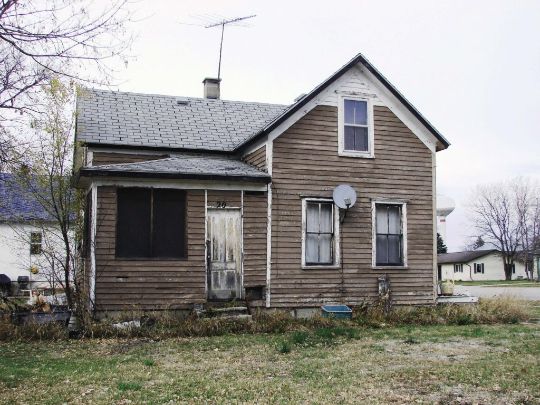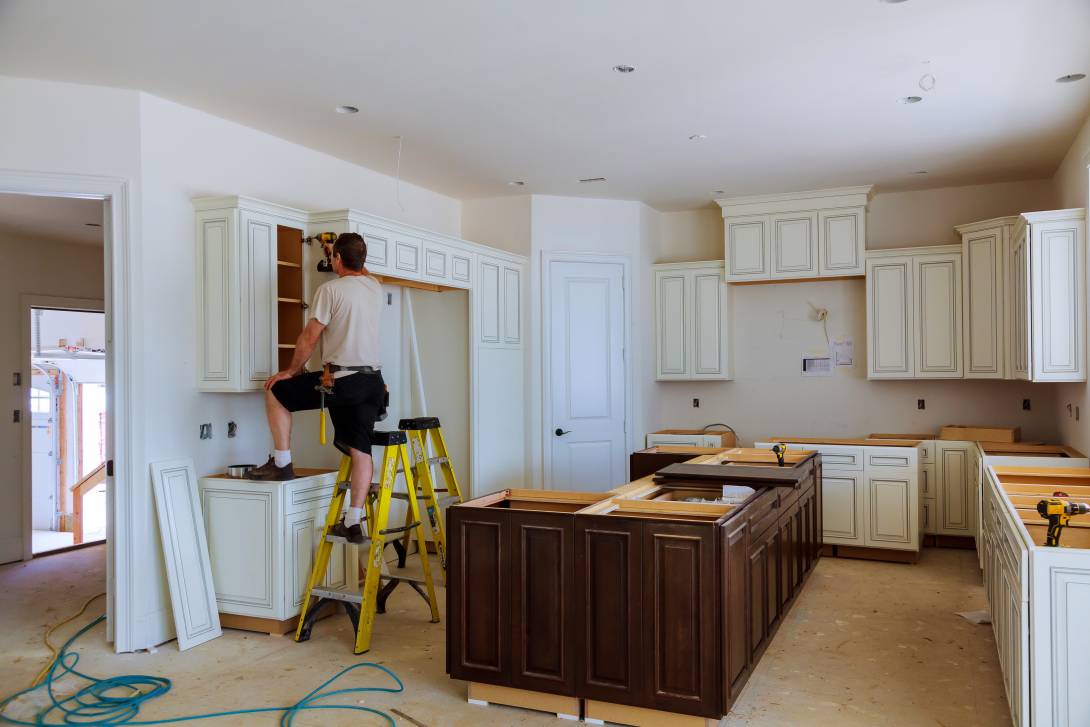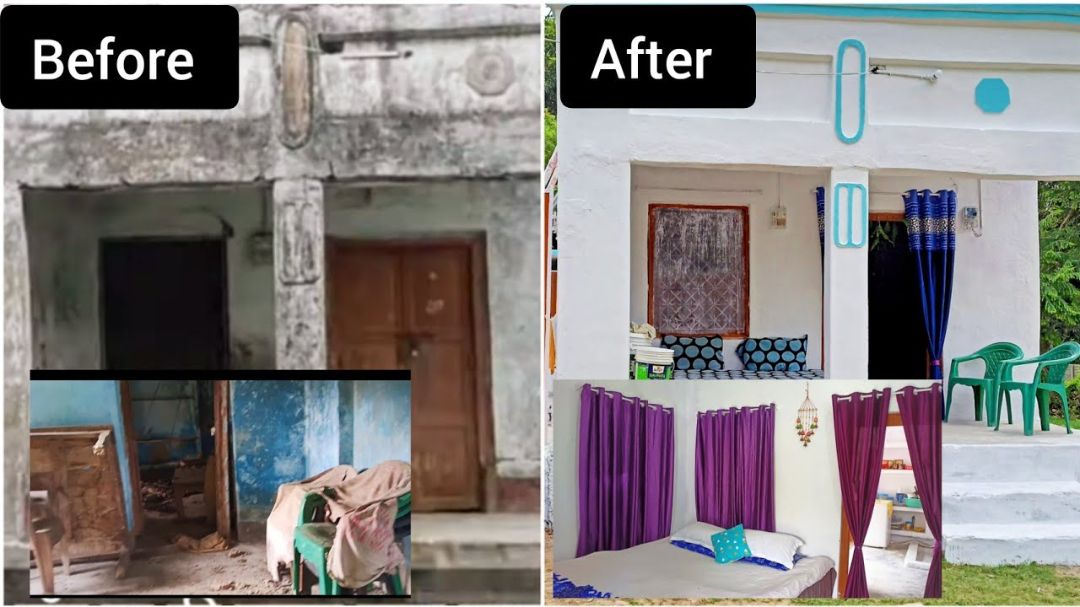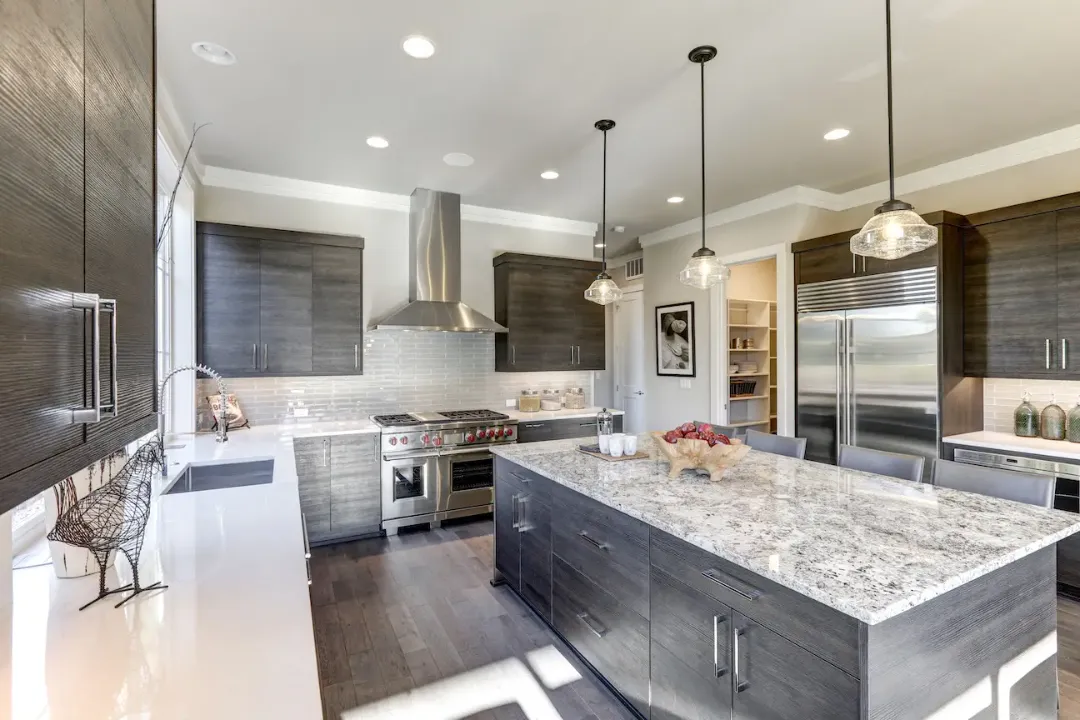SHOULD YOU CONSIDER A FIXER-UPPER?

PROS OF BUYING A FIXER-UPPER
lower purchase price
One of the advantages of buying a fixer-upper is the lower price. This can make it more affordable for buyers, especially first-time homebuyers or investors looking to get into the market.
personalize the home
When you buy a fixer-upper, you have the opportunity to customize the home exactly how you want it. Whether it's designing your dream kitchen, adding extra bathrooms, or choosing flooring and paint colors, you get to make the home your own from the ground up.
building your own equity
As you fix up the home and make improvements, you're building equity, which means you’re increasing the value of your home compared to what you owe on it. This can be a great long-term investment or lead to an increased return on investment.

Can be scary

Lots of work

sense of pride

unexpected issues can come up

End result is your dream
CONS OF BUYING A FIXER-UPPER
Cost of repairs
While you may be getting a home at a lower price, the cost of repairs and renovations can add up quickly. Major repairs like replacing the roof, fixing plumbing, or addressing structural issues can be expensive. It’s important to budget for these costs upfront to avoid financial surprises down the road.
time and effort
Fixing up a home takes time and energy. If you plan to live in the home while you renovate, it can be stressful and inconvenient. Renovations may take months or even years to complete, depending on the scope of the work. You need to be ready for the commitment.
unexpected issues
When buying a fixer-upper, there’s always the risk of uncovering hidden issues during the renovation process. Problems like mold, termites, or faulty electrical systems may not be visible at first. These unexpected issues can drive up costs and delay your plans.
limited financing options
Depending on the condition of the property, securing a mortgage for a fixer-upper can be more difficult. Lenders may be hesitant to approve a loan for a home that needs a lot of work, and some buyers may need to consider special renovation loans such as a FHA 203k, which may have higher interest rates or stricter requirements.
